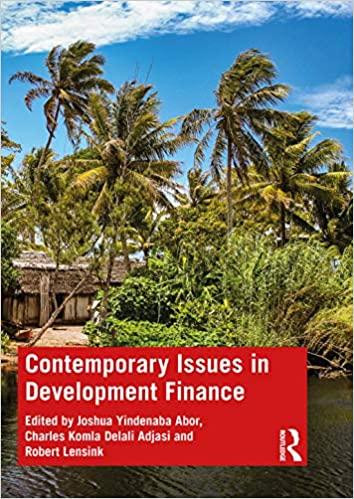Answered step by step
Verified Expert Solution
Question
1 Approved Answer
Hi Chegg, I am trying to help my son with this preparation question for Finance, and reading the book is helping me understand. I would
Hi Chegg, I am trying to help my son with this preparation question for Finance, and reading the book is helping me understand. I would really appreciate a solution that shows all of the calculation steps in full to better communicate the process with him. Thank you kindly for your help. I will post a positive review and "thumbs up" your answer. 

Step by Step Solution
There are 3 Steps involved in it
Step: 1

Get Instant Access to Expert-Tailored Solutions
See step-by-step solutions with expert insights and AI powered tools for academic success
Step: 2

Step: 3

Ace Your Homework with AI
Get the answers you need in no time with our AI-driven, step-by-step assistance
Get Started


